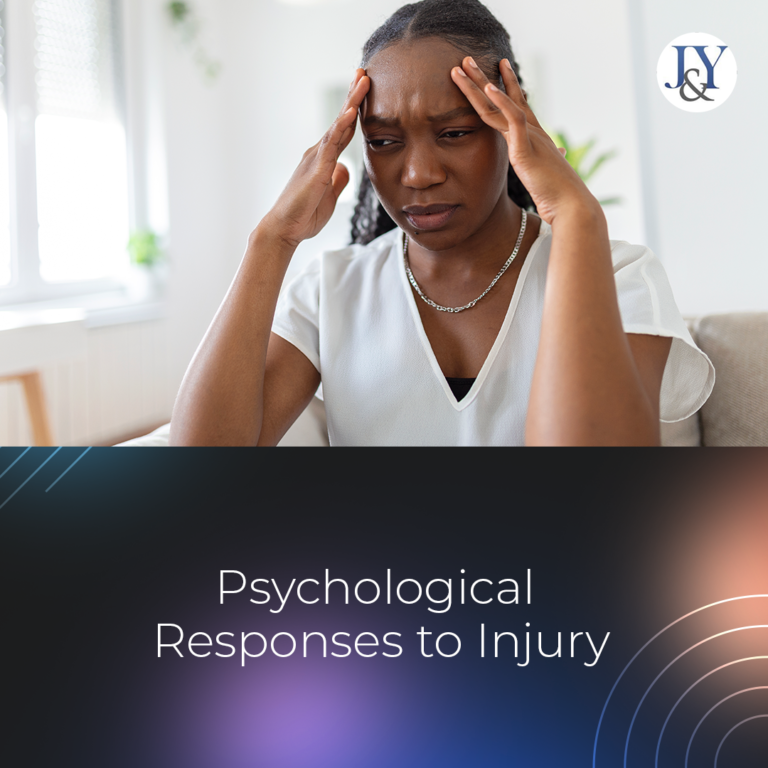If you have been the victim of an accident or have been injured by an intentional act, nobody needs to tell you that physical injuries often leave emotional or psychological scars. What we can tell you, however, is that it is often possible to seek compensation for psychological conditions caused after an injury, just as it is for physical conditions resulting from an accident.
A psychological response can be defined as any natural reaction of the body to an external stimulus. Many things can produce positive psychological responses, such as seeing an old friend or spending time doing an activity you enjoy. However, many situations can provoke an unhealthy psychological response, including:
- Traffic accidents, especially if the individual experiencing the psychological response is injured in the accident or witnessed another person being injured or killed.
- Premises liability accidents, in cases in which someone has been injured because of a slip and fall or by some hazard present on the property.
- A medical error that has caused the worsening of a pre-existing medical condition or a new injury.
Psychological responses associated with injuries sustained in the above situations may include:
- Anger, moodiness, or irritability.
- Obsessive behavior.
- Denial of the traumatic situation or difficulty managing the emotions caused by it.
- Loss of interest in activities that were previously enjoyed.
- Emotional numbing
- Forgetfulness
- Culpability.
- Increased isolation or withdrawal from others.
- The possibility of developing an addiction to substances such as alcohol or drugs.
There is no way of knowing who will experience psychological response to a trauma, nor is there a completely set reason why some people will respond to trauma in more extreme ways than others. The severity of the psychological response is thought to often depend on the individual’s biological or past history of psychological distress, other stressors they may be experiencing in their life, and the amount and type of trauma experienced prior to the event. most recent trauma.
Psychological injuries often require treatment just like physical injuries. If you experience any of these symptoms after an injury, it is important to understand that the sooner you seek help, the more likely you are to obtain the compensation necessary for a full recovery.


